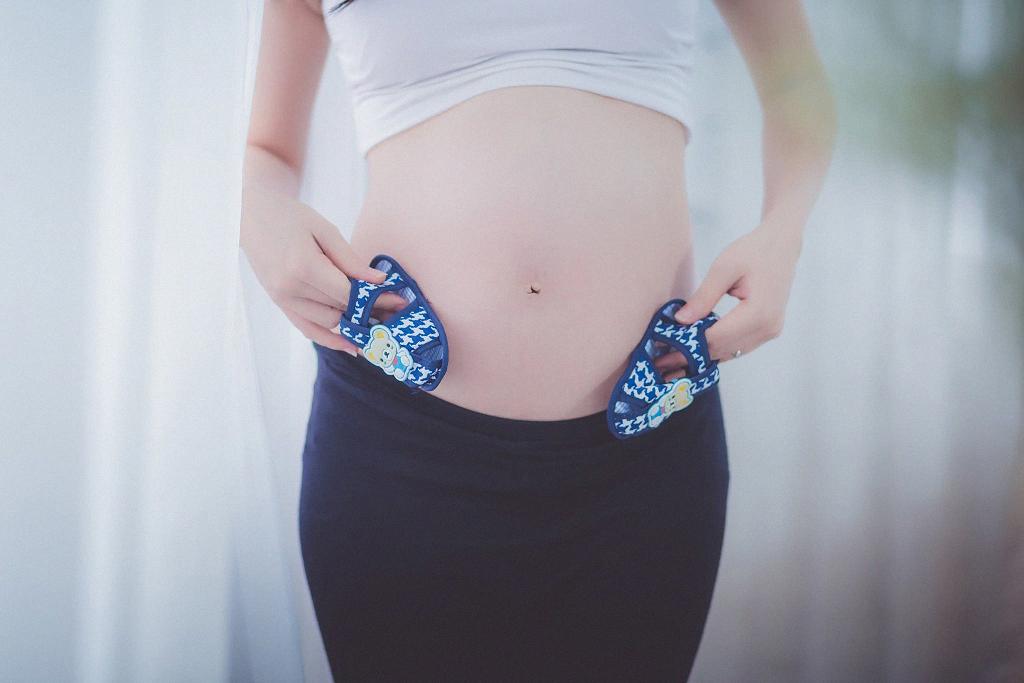When considering the topic of how an intrauterine device (IUD) plays a role in preventing periods, it’s crucial to delve into the intricate mechanisms through which these contraceptive devices function within the female body.
The Role of Hormones in Period Regulation
Hormonal IUDs work by releasing a progestin hormone into the uterus. This hormone serves to thicken cervical mucus, making it difficult for sperm to reach an egg, thereby preventing fertilization. Additionally, hormonal IUDs can also impact the uterine lining, leading to changes in menstruation patterns.
Effect on Menstrual Flow
One of the primary ways in which an IUD affects periods is by altering menstrual flow. A hormonal IUD can result in lighter and shorter periods for many individuals. This reduction in flow can be attributed to the hormone’s impact on the uterine lining, resulting in less shedding during menstruation.
Frequency of Menstruation
Furthermore, hormonal IUDs have been associated with a decrease in the frequency of periods. Some individuals using hormonal IUDs may experience fewer periods over time, as the hormone helps regulate the menstrual cycle.
Contrast with Nonhormonal IUDs
In contrast, nonhormonal or copper IUDs do not contain any hormones. Instead, they work by creating an environment within the uterus that is inhospitable to sperm, preventing fertilization. However, copper IUDs are not known to significantly impact the regularity or flow of periods.
Menstrual Changes with Copper IUDs
For individuals using copper IUDs, there may be a slight increase in menstrual bleeding and cramping. While these changes are typically manageable, they highlight the differing effects of hormonal and nonhormonal IUDs on menstrual patterns.
Long-Term Menstrual Benefits
It is essential to note that the menstrual changes observed with IUD use are often not permanent. Over time, many individuals find that their periods return to their previous patterns once the IUD is removed.
Individual Variations in Menstrual Response
It’s crucial to remember that responses to IUDs can vary significantly among individuals. While some may experience reduced periods with hormonal IUDs, others may notice little to no change in their menstrual patterns.
Consultation with Healthcare Providers
Before opting for an IUD as a method of contraception, individuals should consult with their healthcare providers to discuss the potential impact on their menstrual cycles and overall health. Healthcare professionals can provide personalized guidance based on individual needs and preferences.
Considering Overall Benefits
While the impact of an IUD on periods is a significant consideration for many individuals, it is essential to weigh this factor against the broader benefits of these contraceptive devices, such as their high effectiveness and long-term use.
Final Thoughts on IUDs and Periods
In conclusion, the relationship between IUDs and periods is complex and varies based on the type of IUD used. Hormonal IUDs can lead to lighter and less frequent periods, while copper IUDs may result in slightly heavier bleeding. Understanding these potential changes is essential for individuals considering IUDs as a contraceptive option.

